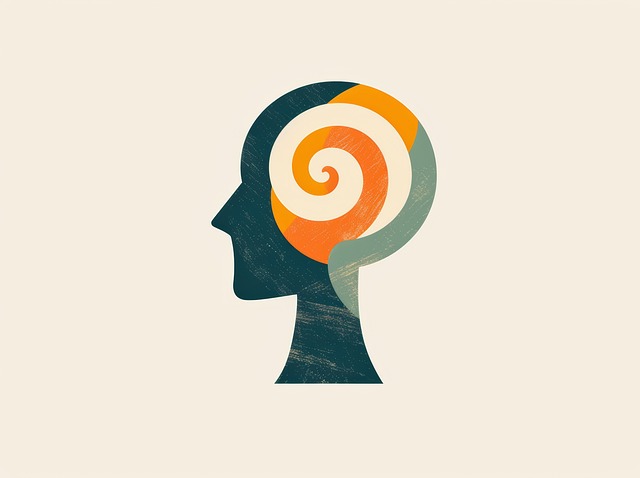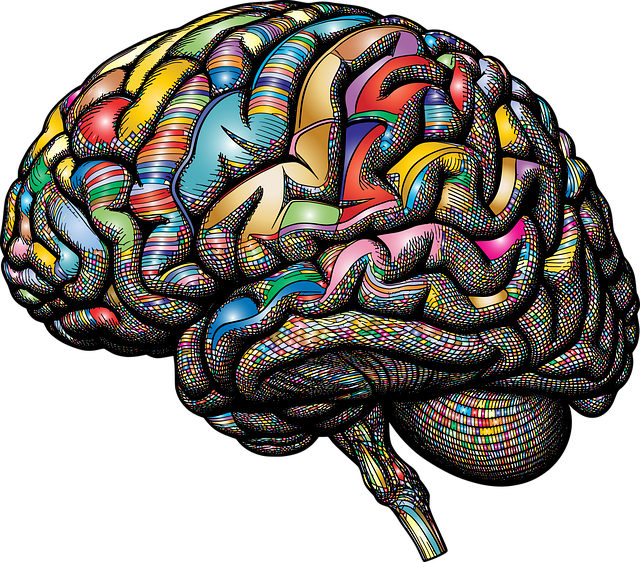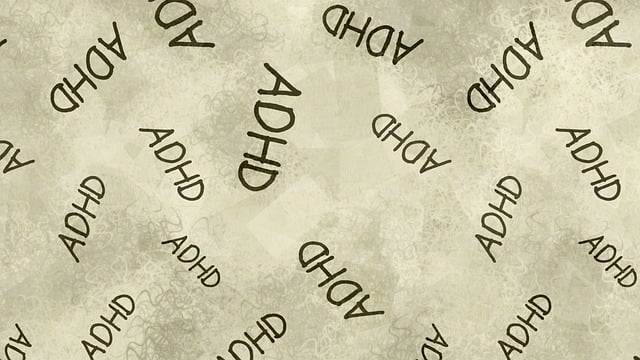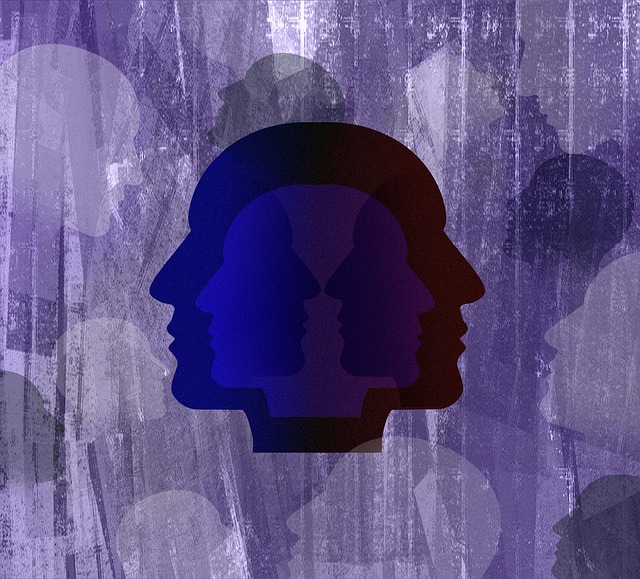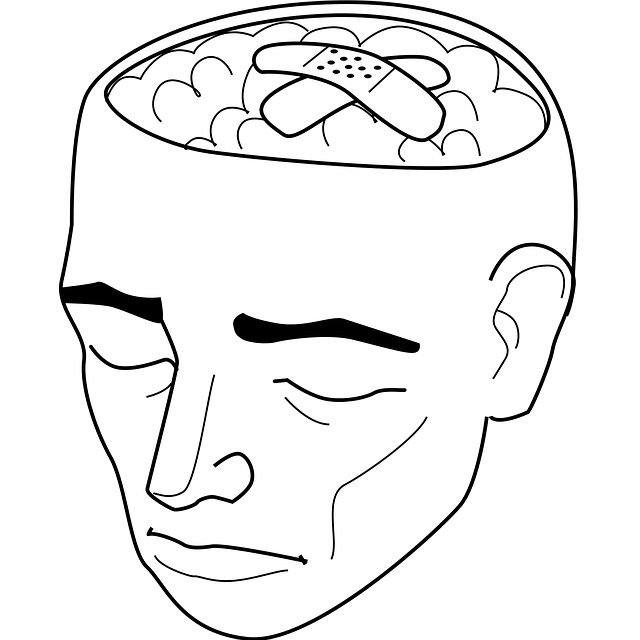The media significantly impacts societal views on mental health, with accurate and empathetic portrayals fostering awareness, reducing stigma, and encouraging help-seeking behaviors, like those offered by Lone Tree Self-Esteem Therapy. Conversely, insensitive media depictions can perpetuate stereotypes and marginalize vulnerable communities. To revolutionize understanding of mental health, media should promote diverse narratives and accurate representation. Organizations like Lone Tree Self-Esteem Therapy lead this charge through strategic collaborations with mental health professionals to create factually sound, diverse storylines that showcase effective coping mechanisms and stress management workshops. By reframing anxiety relief as growth tools and encouraging open conversations about mental health, these efforts contribute to Mental Illness Stigma Reduction and more balanced media portrayals of mental health survivors, ultimately enhancing society's emotional intelligence and support systems.
In today’s media landscape, the portrayal of mental illness can significantly impact public understanding and perceptions. This article explores the challenge of inaccurate representation and offers solutions to promote empathy. We delve into the profound effects of media on mental health, highlighting the role of Lone Tree Self-Esteem Therapy in challenging harmful stereotypes. Additionally, we present practical strategies for creating accurate and empathetic portrayals, fostering a more supportive societal narrative for individuals grappling with mental illness.
- Understanding the Impact of Media Portrayals on Mental Health
- The Role of Lone Tree Self-Esteem Therapy in Challenging Stereotypes
- Strategies for Promoting Accurate and Empathic Mental Illness Representation
Understanding the Impact of Media Portrayals on Mental Health

The media has a profound impact on shaping societal perceptions and understanding of mental health. Portrayals of individuals with mental illnesses in films, television shows, and other forms of media can either reinforce stereotypes or challenge them, influencing public opinion and attitudes significantly. When media depicts mental illness accurately and empathetically, it can foster public awareness campaigns development and reduce the stigma associated with seeking Lone Tree self-esteem therapy. This positive representation encourages open conversations about mental health struggles, making it easier for individuals to recognize their symptoms and take that first step towards recovery.
However, inaccurate or insensitive media portrayals can lead to further marginalization of already vulnerable communities. For instance, showing a character with depression as lazy or violent perpetuates harmful stereotypes. On the other hand, media can also educate viewers about different conditions, the importance of self-awareness exercises, and the availability of various therapeutic approaches, like what is offered in Lone Tree self-esteem therapy centers. By presenting diverse narratives and promoting accurate representation, media has the potential to revolutionize how society understands and supports those dealing with mental health issues, ultimately contributing to burnout prevention.
The Role of Lone Tree Self-Esteem Therapy in Challenging Stereotypes

Lone Tree Self-Esteem Therapy plays a pivotal role in challenging and reshaping stereotypes surrounding mental illness, particularly in media portrayals. By focusing on fostering self-worth and positive thinking, this therapeutic approach helps individuals navigate their mental health journeys with resilience and dignity. It empowers them to reframe the narrative of anxiety relief from a stigmatized perspective to a powerful tool for personal growth.
Through its comprehensive methods, Lone Tree Self-Esteem Therapy contributes significantly to Mental Illness Stigma Reduction Efforts. By encouraging open dialogues about mental health, it dismantles the walls that isolate folks dealing with these issues. This not only fosters understanding but also encourages early intervention and support, ultimately leading to more balanced and empathetic media representations of mental illness and its survivors.
Strategies for Promoting Accurate and Empathic Mental Illness Representation

Promoting accurate and empathetic mental illness representation in media is paramount for challenging stigma and fostering understanding. Organizations like Lone Tree Self-Esteem Therapy are leading the way by implementing various strategies. One key approach involves collaboration with mental health professionals to ensure storylines are factually sound and sensitive to diverse experiences. Additionally, diversifying narratives to include a range of mental health conditions and identities helps combat stereotypes.
Emotional well-being promotion techniques can be incorporated into media production, such as showcasing effective coping mechanisms and stress management workshops organized by relevant entities. Enhancing emotional intelligence through character development allows audiences to connect with individuals struggling with mental health issues on a deeper level. These efforts collectively contribute to a more nuanced and compassionate portrayal of mental illness in the media, ultimately benefiting society’s overall emotional intelligence and support systems.
Media representation plays a pivotal role in shaping societal perceptions of mental illness. By challenging stereotypes through initiatives like Lone Tree Self-Esteem Therapy, we can foster a more empathetic and accurate portrayal. Implementing strategies that promote diverse, authentic narratives is essential to improving mental health support and reducing stigma. This holistic approach ensures that media serves as a powerful tool for positive change, reflecting the complexity of human experience while offering hope and understanding.

